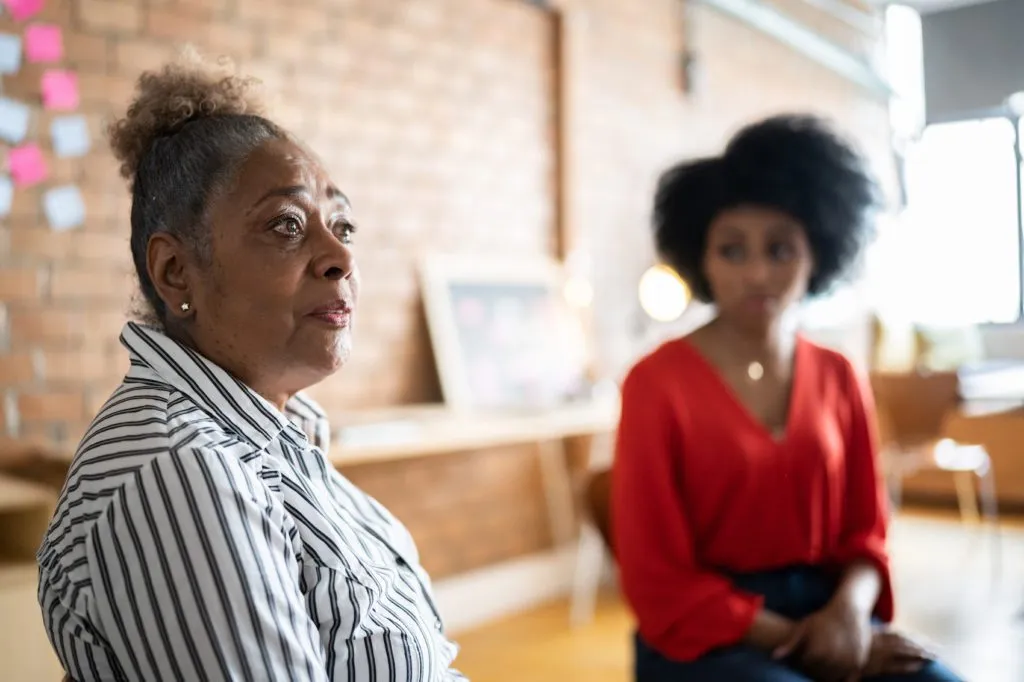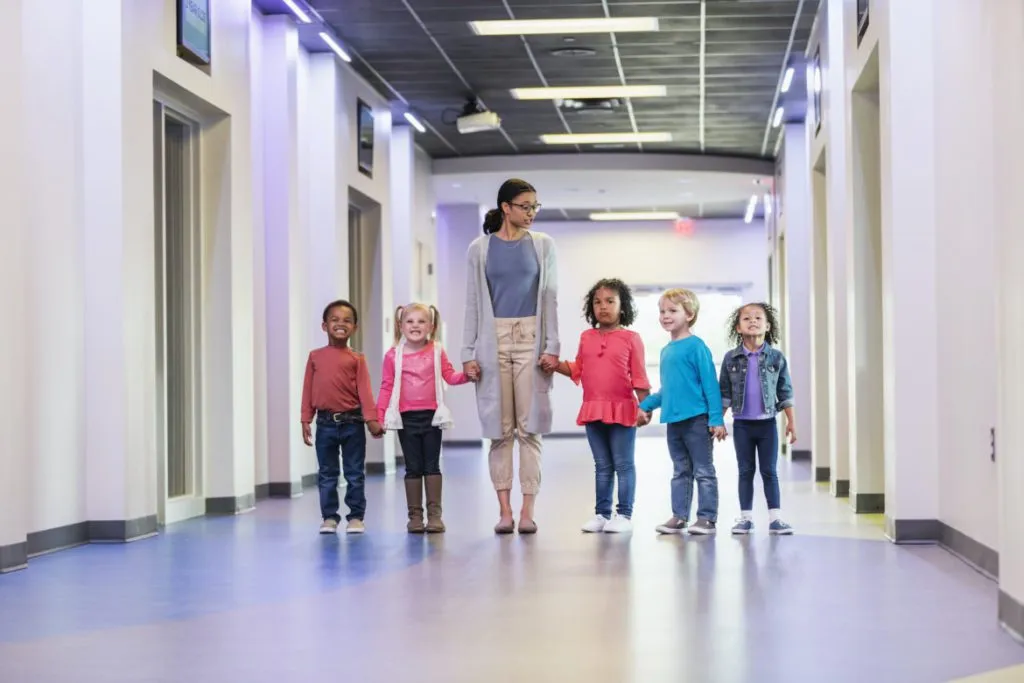Getting Started With Meaningful Conversations: Tips for School Leaders


School leaders wear many hats. While it may seem overwhelming to try to identify which of those hats you consider most important, it is a question worth considering: “Which of your many job-related tasks are absolutely essential to ensuring your program can meet its goals for children?”
Surely at the top of any school leader’s list of responses is supporting teachers to become as effective as possible. Wise and wonderful administrator that you are, you likely also want them to enjoy their work and love the time they spend at school. However, this essential task of supporting teachers is often an intimidating one, particularly if you have a large staff or one whose members vary in terms of experience, strengths, needs, or interests.
So, how can an administrator gain insight into different teachers’ perspectives? How can a leader determine the best way to support a particular teacher? Often, we only need to ask the right questions!
Don’t Leave Meaningful Conversations to Chance
The first step to supporting each teacher is getting to know each teacher. Whether you are engaged in a pre- or post-observation conference with an individual teacher or talking to a group of educators who would like to get to know each other better, you will find you are better equipped to host meaningful experiences if you come to the conversation armed with several “starters.”
The best conversation starters tend to be thought-provoking and open-ended—neither so general that they lack direction (“So, how’s it going this year?”) nor so negative that they shut down the exchange even before it starts (“Why haven’t you done anything about what we talked about last time?”). You may want to consider coming up with a variety of starters to better support individualized conversations. For example, you may want to use one conversation starter with new teachers but a different one with your more experienced staff members.
We’ve come up with a list of ten suggested conversation starters that we think can help promote meaningful dialogue with the teachers you support. Let’s explore how you can use one of those questions to make the most of a conversation with teachers.
What’s Something You’re Hoping I’ll Notice?
One of the questions on our list of 10 suggestions for starting conversations is “What is one thing about your teaching practice that you are hoping I will notice, but are afraid that I won’t?”
This question accomplishes several goals. First, it acknowledges that teachers also wear many hats and fill many roles, some of which aren’t always readily visible, particularly if you don’t get to spend much time with each of them. A question like this can also help you understand which parts of the teacher’s role they find most important or that they feel they are good at or are working on improving. It asks about the skills that the teacher values but does not expect to be formally recognized or considered.
Perhaps a teacher is working on engaging families more meaningfully or making sure that she’s individualizing instruction during small groups. Maybe the teacher is focusing on expanding his repertoire of teaching strategies or working on a new way to capture documentation of children’s learning quickly and easily. These are incredibly valuable initiatives, but you may never know about them unless you ask about what you might be missing.
A question such as this one also makes it clear that you recognize that you are human and may not see everything that a teacher puts into her job, but that, as their program leader, you are committed to learning about them and eager to acknowledge their work.
A Final Few Tips for Using Conversations to Support Teachers
- The well of ideas for great conversation starters is bottomless, and anyone may contribute to it. In fact, you may want to start by simply asking teachers if there is anything they want to talk about!
- You’ll know your starter is working well when you need to use only one per conversation. The dialogue will flow naturally and easily.
- After getting the conversation started, remember that your most important role is to listen. Listening to teachers is the first—and best—way to let them know that they are indeed high on your list of priorities.

Ten Conversation Starters for Your Work With Teachers
Great questions lead to meaningful conversations. We’ve compiled 10 conversation starters that can spark a teacher’s reflection on their professional practice while deepening your own understanding of each teacher’s knowledge, skills, abilities, and interests.


